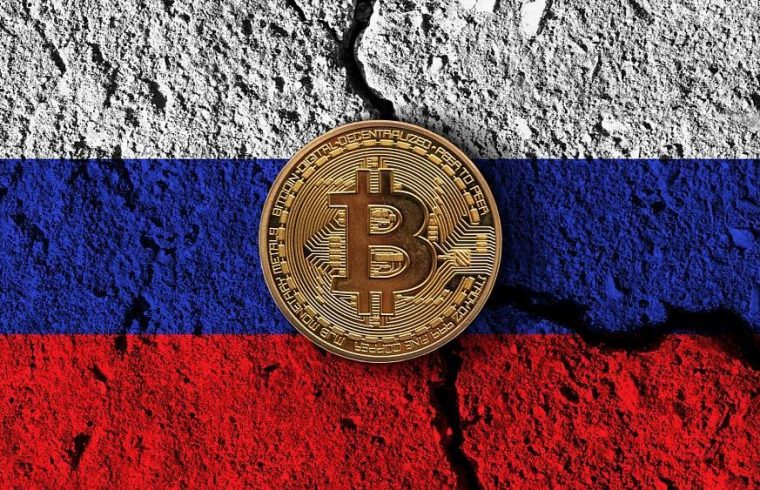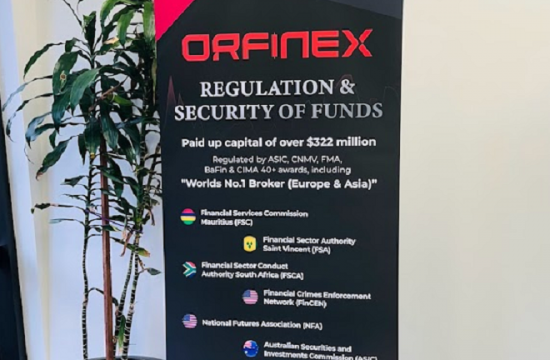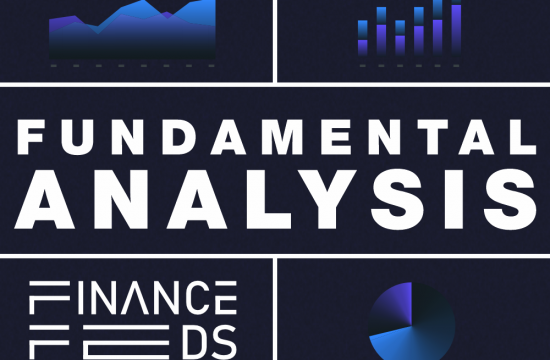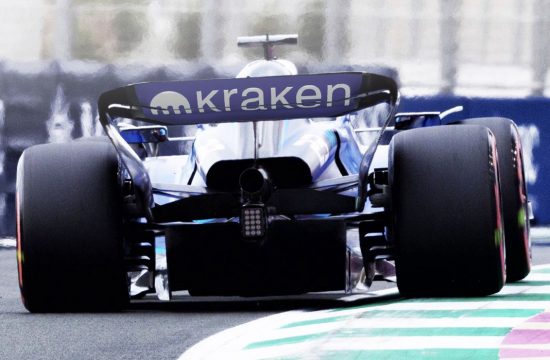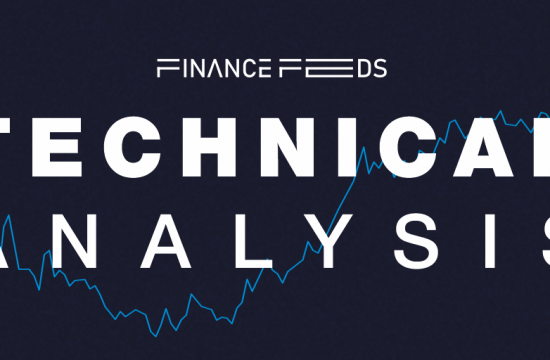Iran is reportedly in discussions with Russia to develop a new gold-backed stablecoin as sanctions from US and its allies amount against the two countries.
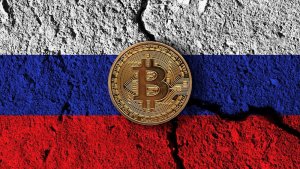
According to a report from Russian news site Vedomosti, Iran and Russia are jointly looking for a new digital format for international settlements that can operate around Western sanctions. The new “token of the Persian Gulf region” would be used as a means of payment in foreign trade settlements instead of the US dollar, the Russian ruble, or the Iranian rial.
Alexander Brazhnikov, executive director of RAKIB, the Russian cryptocurrency and blockchain association, said due to the economic consequences resulting from the sanctions, Russia has started to work on a new monetary and financial system for the country. Part of this is to develop a commodity-backed stablecoin that will be pegged to recognized assets like gold, so the value is clear and observable for all participants.
A gold-backed ruble stablecoin will allow Russia and Iran to peg the international gold rate instead of a fiat currency. The digital currency would also allow other countries to exchange this coin amongst themselves without external participation in transactions.
The Russian law “On Digital Financial Assets,” which entered into force in 2021, already allows three banks to tokenize various assets.
In late 2022, the EU tightened an already prohibition on providing digital-asset services to Russia. It has imposed a sweeping ban on providing crypto services to Russians, meaning they won’t be able to hold any assets in EU crypto wallets unless they live in the bloc.
The prohibition forms part of the eighth package of restrictive measures announced by the EU against Russia as it seeks to respond to “sham” independence votes being held in Russian-occupied regions of Ukraine.
This package’s other financial restrictions include a price cap on Russian oil, a ban on exporting aviation items and electronic components and restrictions on importing Russian goods that would deprive the country of seven billion euros.
Before the recent rules, European crypto providers were allowed to provide Russian residents and entities with limited crypto payments of up to 10,000 euros ($9,900).
Binance, Kraken, Localbitcoins, Blockchain.com, and Crypto.com and many others sent out notices informing customers that due to the EU sanctions, they are unable to provide their services to Russian nationals. However, some exchanges made an exception for users that hold a passport issued by a country from the European Economic Area and those who have a permanent residence permit in these jurisdictions.


